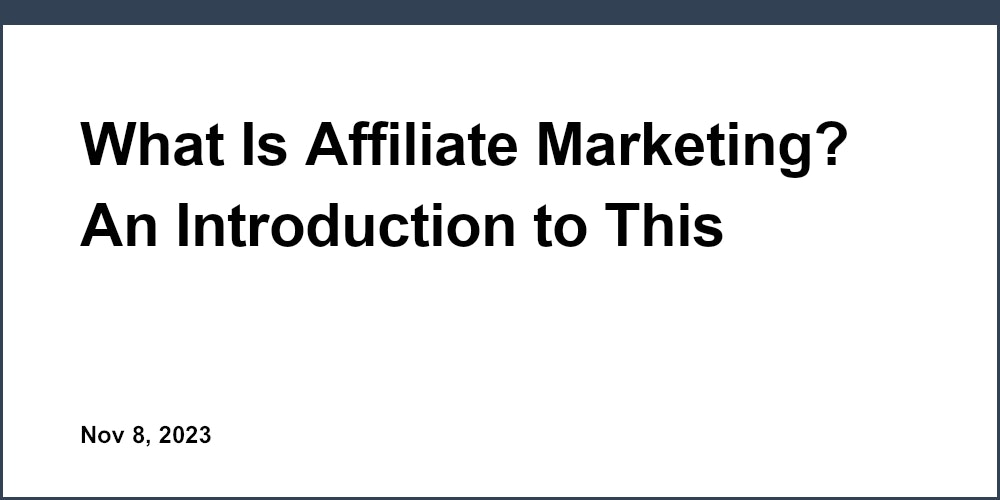Introduction: The Benefits of an Academic Personal Website
Creating an academic personal website provides numerous benefits for showcasing your expertise, experience, credentials, publications, research, and more. It serves as a professional platform to establish your reputation, share knowledge, attract research partnerships and speaking opportunities, promote published papers and books, and highlight your niche within academia.
An academic site allows you to control your narrative and online presence. You can strategically emphasize key aspects of your background that align with your goals. Whether aiming to attract research partnerships, consulting gigs, speaking opportunities or new career prospects, a website gives you the flexibility to customize the messaging and design.
Defining Your Goals and Purpose
The first step is determining your goals and vision for the site. Who is your target audience - students, colleagues, potential clients? Do you want to get more consulting inquiries or paying clients? Or is your focus on showcasing expertise to attract research collaborations and new career opportunities?
Once you define the purpose, you can orient the site content accordingly. For example, featuring specific areas of specialization, highlighting teaching experience, listing publications and citations, embedding workshops and lectures, and more.
Choosing the Right Platform
Selecting the right platform is key to an effective academic website. Using a platform designed for personal websites, like Unicorn Platform or WordPress, ensures you get all the necessary features. This includes blogging, contact forms, SEO optimization, newsletter integration, analytics, and a customizable design.
Look for an intuitive editor and template options that fit an academic aesthetic. Confirm the platform enables adding multimedia content as well. The goal is a professional site tailored specifically to your academic goals and audience.
Design Tips for an Impactful Academic Website
A clean, simple, and professionally designed website enhances your credibility and brand image. Follow principles of good user experience with intuitive navigation and mobile responsiveness.
Incorporate visual elements like photos, graphics, and charts to create an engaging academic site. Embed multimedia presentations, lecture videos, and research posters to make the content interactive. The color scheme and visual branding should align with your field and personality. Stock photos depicting students, books, and related imagery help convey your niche.
Creating a Visual Brand
Pick a color palette and fonts that feel academic yet modern. Incorporate custom graphics or icons to reinforce your personal brand. Infographics and data visualizations allow you to present research in engaging formats.
Of course, add a quality headshot and your logo or monogram to boost familiarity. Images and videos showing you lecturing, advising students, conducting research, etc. further highlight your experience.
Optimizing Content
The website content itself is core to your goals. Feature summaries of your latest publications, research projects, key areas of expertise, academic bio, and credentials. Blog regularly about your passions and specialties to demonstrate thought leadership.
For educators, include student testimonials, course information, and teaching philosophy. Embed relevant presentations, lectures, workshops, or tutorials. Provide resources like reading lists, links, and downloadable publications to encourage site engagement.
Promoting Yourself
Employ SEO best practices to optimize content for search visibility. Incorporate social sharing capabilities and links to your social profiles. List any media features, speaking events, conferences, or other appearances.
Promote your site, new content, and achievements through social media, email newsletters, and within your professional networks to drive traffic. Limited advertising may also be worthwhile to reach your core niche audience.
Showcasing Your Credentials and Expertise
Your academic credentials, experience, publications, and projects form the foundation for conveying expertise on your website. Comprehensively featuring these key elements is what prospective students, employers, collaborators, and peers will look for.
Publications
Publish your papers, journal articles, books, and other academic works. Link to published versions, preprints, or include PDF downloads when possible. List total number of citations your publications have received (e.g. over 500 citations across 10 published journal articles). For multimedia publications, embed video or audio clips.
Projects and Research
Thoroughly describe your current and past research projects and their real-world applications. Discuss the methodologies used and highlight notable collaborators or co-authors. Include links to related datasets, code repositories, conference posters, or other materials.
Grants, Awards and Honors
Prestigious grants, fellowships, awards, honors, and other recognitions significantly validate your standing within academia. List specific, reputable awards in your field like the NSF CAREER Award or HHMI Fellowship. Mentioning student mentoring awards also highlights your teaching skills.
Tips for Maintaining Your Online Presence
A personal academic website is an ongoing endeavor that requires maintenance and promotion to maximize its impact.
Update your credentials, bio, publications list, and projects regularly. Continue blogging about the latest developments in your field and areas of specialty. Send email newsletters and social media updates to engage your audience.
Leveraging the Site
Include clear calls-to-action for inquiries about consulting, research collaborations, speaking opportunities, or other offers. Provide free resources to build your email list for ongoing communication with high-value prospects.
Client testimonials and case studies are worthwhile if applicable. Be specific about the types of partnerships, projects, and opportunities you are open to.
Driving Site Traffic
Promote your site URL in email signatures, professional profiles, and bios. Colleagues who link to your site also boost your visibility and search rankings.
Guest posting on reputable blogs, participating in forums, running targeted ads, utilizing content upgrades, and offering lead magnets are other tactics to reach your niche.
Check out Unicorn Platform's website builder to easily create your own stunning academic website.
Conclusion and Summary
In summary, an academic personal website is invaluable for showcasing your specialized expertise and qualifications. It serves as a platform to share knowledge, establish your professional brand, attract new opportunities, and control your online presence.
Optimizing the design, content, and promotion for your specific goals and target audience is key to maximizing its impact. Consistently maintaining your site with updated achievements, blogging, and engagement tactics will further expand your reach and visibility within academia.



